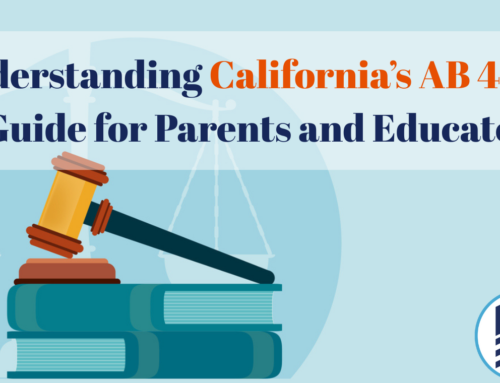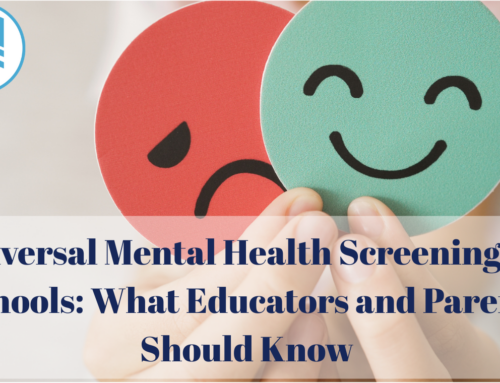
“The first requisite of a good citizen in this Republic of ours is that he shall be able and willing to pull his weight.” – Theodore Roosevelt
The importance of good citizenship is hard to overemphasize. In order for the American way of life to flourish and thrive, the average American must realize who they really are: the gatekeepers of our society.
The National Museum of American History provides these ideal attributes of a good citizen:
- Respecting the country’s institutions
- Fulfilling civic duties
- Contributing to the community
- Generally being a good neighbor.
A good citizen is ultimately an involved citizen.
In the best of times, these exemplary individuals participate in the general duties of maintaining a strong society. From the voting booth to the jury box, they shoulder their civic responsibilities.
In the worst of times, an effective citizen understands the requirements of sacrifice and duty to protect the country that they love.
Of course, adults do not just magically know how to productively make a difference. Learning how to be a good citizen starts in childhood. Each child must be shown—both through education and by example—what responsible individuals do and how to be involved.
This article will outline a few helpful tips for parents who want to teach their children to live up to their civic responsibilities.
Character
“Within the character of the citizen lies the welfare of the nation.” -Marcus Tullius Cicero
The foundation of good citizenship is even better character.
Instilling good character in your child provides a strong foundation for them to launch their civic involvement. Good character—defined as integrity, uprightness, virtue, or moral excellence—affects every aspect of a citizen’s life. An individual with integrity will do what’s necessary and right, no matter the cost. For example, a neighbor with good character is concerned with the responsibilities of their neighborhood, from helping old Mrs. Smith with her flat tire on a Monday morning to aiding in the search for a lost child.
Strong personal values have a ripple effect. A good neighbor often becomes an upstanding member of the local community, working to better their hometown and inspiring others to do the same.
Good character is the starting point for constructive civic involvement. Without a strong moral foundation, even the most well-meaning citizen can be led astray…and the results can be disastrous.
Character as a Way of Life
One of the most important ways that parents can instill good character in their children is to have good character themselves. If a parent lives a charactered life, the child will see good moral choices, self-control, honesty, and a sincere concern for others as a way of life.
Parents can also work with their children, teaching them specific character traits and building their moral compasses piece by piece. Knowing how to properly respond in a variety of situations doesn’t just happen—it either comes through the “school of hard knocks” or by kids listening to the careful training of their parents.
Giving Encouragement
Parents should also encourage their children. If the child has a difficult day, parents should come alongside them to encourage, discipline, and teach that little person. Children need to be shown how to acknowledge the mistakes or the negatives, but also how to look for ways to make the best of the moments that they have.
As Bob Iger so memorably said, “… Optimism is a very, very important part of leadership.”
Parents should praise their children when their offspring succeed or do something right. This encouragement will solidify good behavior and a positive attitude. Likewise, parents should address failures and use those moments to nurture their children’s sense of right and wrong. This will help to develop their up-and-coming moral compass.
Childhood presents many teachable moments. A parent’s impact on a child’s character development is incalculable, and parents have a unique opportunity to shape the country’s future citizens.
Education
“Education should be the handmaid of citizenship.” -Calvin Coolidge
Education is vital to a child’s understanding of good citizenship. Without a decent understanding of history and current events, it will be difficult for a child to put their own civic existence into perspective.
Parents have the unique responsibility of being “where the buck stops” for their children. Teachers, other family members, friends, and neighbors all have an impact on a child’s life. But parents have the specific responsibility of ensuring that their children are cared for and brought up well.
According to Public School Review, “Parent involvement is key to student success.”
Children learn best when they have the benefit of a good schooling experience combined with parental involvement. A good education requires teamwork, with teachers and parents working together. Educating your child about citizenship and how to be involved is an excellent beginning.
Not sure where to start? The Brookings Institution offers this list of suggestions for becoming—and raising—a more educated, involved citizen:
- “Read and subscribe to daily local, regional, or national newspapers.
- Fill your pocket with democracy [pocket Constitution].
- Get the facts on any politician or political candidate…
- Talk with someone who doesn’t share your political views.
- Attend a discussion or event in your community or school.
- Shadow a public servant for the day to learn how our institutions work.
- Visit a museum.
- Learn about local, regional, and national history, and about those who have taken civic action in the past.
- Visit a library. Librarians can point you to important books on our constitutional republic.
- Deep dive into the Constitution.
- Use a highlighter when reading news articles to note points of interest, subjects that you agree/disagree with, or questions that you would like to know more about.”
Get Children Invested
“The most important political office is that of a private citizen.” -Louis Brandeis
Long before children ever reach the legal voting age, they have many opportunities to participate in their communities. Kids, especially teenagers, are capable of learning about current events and policies and understanding why they are important. As they do so, they can become involved themselves. With gentle guidance and encouragement, these citizens in training can obtain valuable experience.
There are incredible options for young people learning about good citizenship and personal involvement, including:
- Writing letters to the editor on current issues
- Letting their voices be heard by calling or writing to those who hold political office, encouraging or expressing dismay concerning a specific decision or policy
- Volunteering for a political campaign
- Volunteering in the local community
- Starting a conversation with their peers about good citizenship and personal involvement
Practice makes perfect. The habits and passions you help your kid cultivate when they are young will likely be perfected and enhanced when they reach adulthood.
Lead by Example
“They are seeing examples of what it takes to be good citizens, and what leaders are doing to try to make the world a better place.” -Tom Welch
One of the biggest impacts a parent or teacher can have on a child is to lead by example.
Often, where education, prompting, encouragement, and instruction fail, a solid example will drive a point home. Children should observe you and other adults in their lives being actively involved as citizens. Whether they are leading a neighborhood effort, researching candidates and issues to vote responsibly, or reaching out to the less fortunate in their community, adults lead the way for America’s youth.
Responsible adults must actively participate in their local and state communities, stay informed about current issues, and keep tabs on national and even international events and policies. According to Michigan State University, children learn well from the atmosphere and environment surrounding them. When the adults in their lives are active and involved citizens, children have a clear vision of their own responsibilities when they grow up.
Not sure where to start? Here are 7 ways to get involved in your community.
Conclusion
As Americans, the very founding of our country was based on everyday citizens doing extraordinary things. The average American was aware, educated, and involved. They led by example; they paved the way.
Today, it is vital that American youth understand the importance of personal involvement as part of the community. Our communities form our states, and our states form our country. The preservation of our republic depends on every citizen doing his or her part to maintain and improve our way of life.
As Thomas Jefferson said, “We in America do not have a government by the majority. We have a government by the majority who participate.”





[…] Read more: How to Teach Kids to Be Involved Citizens […]
[…] child must be shown—through education and by example—what responsible individuals do and how to be involved. Being involved includes the voting booth, and many Americans take this step very seriously. […]
We are not a democracy , but a Constitutional Republic
That’s true! We misspoke but certainly agree. I don’t think it would be wrong to call it a democratic republic, but certainly it is not a direct democracy. Thanks for pointing out our mistake.
[…] child must be shown—through education and by example—what responsible citizens do and how to be involved. Being involved includes the voting booth, and many Americans take this step very seriously. […]
Thanks for sharing. I read many of your blog posts, cool, your blog is very good.